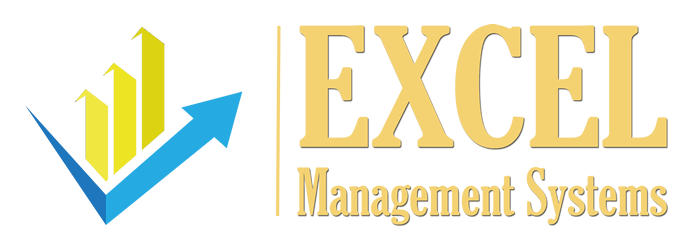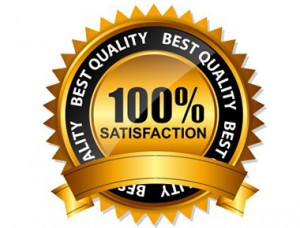Water – A Human Right
“The right to safe and clean drinking water and sanitation as a human right that is essential for the full enjoyment of life and all human rights.” ~United National General Assembly
Water is life, yet it was recently reported by National Geographic that nearly 880 million people do not have regular access to clean drinking water. When you think about it, that is roughly 1 in 10 people in the world. In places like Africa, it’s 1 in 4.
Mankind has a duty to establish sustainable development. Each must contribute to water sustainability, by providing a continuous supply of clean drinking water that will benefit the needy today while not compromising the needs of future generations.
People need to be taught how to design safe water solutions, thus building sustainable communities around the world. But it takes people, time, and money. One such organization, Engineers without borders has had success in developing water solutions at the student level. It important when building to know how to treat the water, so it safe to drink for both humans and animals.
According to Sustainable Earth: Water – National Geographic
- “About 5,000 children die each day due to preventable diarrheal diseases such as cholera and dysentery, which spread when people use contaminated water for drinking or cooking. A lack of water for personal hygiene leads to the spread of totally preventable ailments like trachoma, which has blinded some six million people.”
On the positive side, there has been progress. An increase in accessibility to clean water and sanitary conditions has improved the health in some communities like in Zambia. By raising awareness, it has resulted in 30,000 villagers getting wells. Better methods of irrigation and agriculture are helping communities economically. It is due to organizations like World Vision, http://www.waterafrica.org/ “a Christian humanitarian organization dedicated to working with children, families, and their communities worldwide to reach their full potential by tackling the causes of poverty and injustice”.
World Concern produced the Dig Life-saving water wells in Africa video. Notably, their efforts in digging wells will provide 2000 people, 5000 cows, and many vegetable gardens with fresh water daily.
There are any number of organizations that one could donate money or volunteer towards helping build sustainable water resources. Organizations like Rotary https://www.wasrag.org/ The Water & Sanitation Rotarian Action Group (WASRAG). WASAG helps link water and sanitation. WASAG knows that by increasing education and knowledge – this will also help the mortality rates for children.
Other noteworthy resources:
https://www.nationalgeographic.com/environment/sustainable-earth/water/
Your contribution to this noble cause is always welcome.
ABOUT DALE S. RICHARDS:
Dale S. Richards specializes in management, marketing, operation optimization & business valuation consulting and is a 30+ year turnaround expert. He has implemented success concepts into results in 150+ companies. Dale is a Certified Valuation Analyst (CVA) with NACVA, Eight-Year Vistage Chair & International Speaker.



